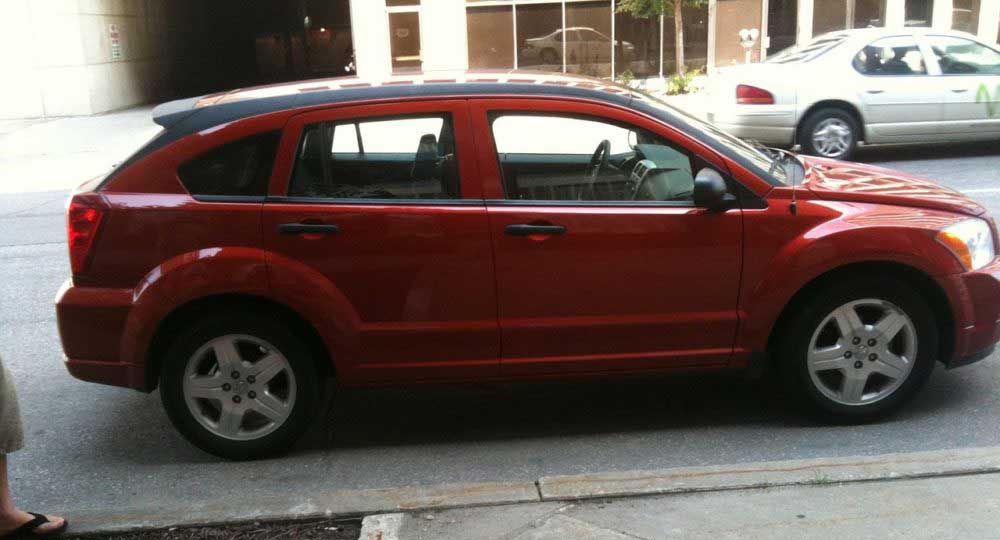When it comes to buying cars, most of us like it brand new. However, not always people have the money to buy a new car, where buying a used car often solves the problem.
Keep in mind that buying a used car is not as simple as buying a new one. So, it’s important that before you buy a used car, you take a step back and check whether you’re getting a good deal or not.
Used car buyers are usually quite worried and suspicious about the condition of the car that they are about to purchase. In used cars, there can be things which are breaking right now, or things which may have recently been fixed.
It’s important to know that if you buy a used car directly from the owner, you may not get any warranty on it. This can be quite risky, because once you exchange the money with the keys and sign the required papers; the car becomes your problem and not the problem of the previous owner.
Things to do before buying a used car
Here are a few tips to help you get the best deal while buying a used car: (These tips will help you to avoid a car that falls apart soon after purchase.)
1. Get proper valuation
Assess the value of a used car in the market before buying it. To do this, you can use one of the many free rating tools available online. Just fill in all the information about the vehicle to get the true market price for it within minutes.
2. Purchase at the right time
Used car prices usually go up during summer months and then hit rock bottom in the first week of January. So, the ideal time to buy a used car would probably be from Thanksgiving to around 10th of January.
3. Test drive the car
Test driving the car is especially important if you are buying it directly from the owner. Don’t just test drive on a smooth road; instead, go through potholes and make sharp turns while driving. Try driving at different speeds to see how the car reacts. (Only do this if you’re a professional driver, and ensure safety of everyone inside the vehicle.)
4. Verify liens
It’s crucial to know that the liens remain attached to a vehicle even if the ownership changes. So, it’s important to check whether there are any liens on the car title. Verify that the present owner does not have or has cleared any existing liens on the car.
5. Verify ownership
It’s also important to verify the ownership of the vehicle, which can be done by matching the serial number on the registration card with the number on the vehicle. This will let you know whether the person owns the car, or is selling a stolen or a leased vehicle.
6. Avoid Scams
Be aware of common used car buying scams happening in your area. Never buy a car without looking at it. There are many types of scams like title washing, curbstoning, odometer fraud, etc… Know about these scams beforehand so that you can avoid making a costly mistake.
7. Deal with confidence
All the information that you need to purchase a used car is readily available on the internet. Read used car buying tips and on automotive car blogs like this one. It will help you greatly to deal with confidence in order to get the best deal.
8. Learn to close the deal
Close the deal properly by filing the paperwork. Get all the information from the Department of Motor Vehicle for your state. Get the title (pink slip) and bill of sale from the owner. Take all the paperwork and go to the DMV to take your new registration and license plate.
Whatever you may here from others, buying a used car can be a smart choice; especially when you’re running short of money. However, you must know how to get the best deal; otherwise you’ll end up getting a broken car that creates more problems than it solves.

